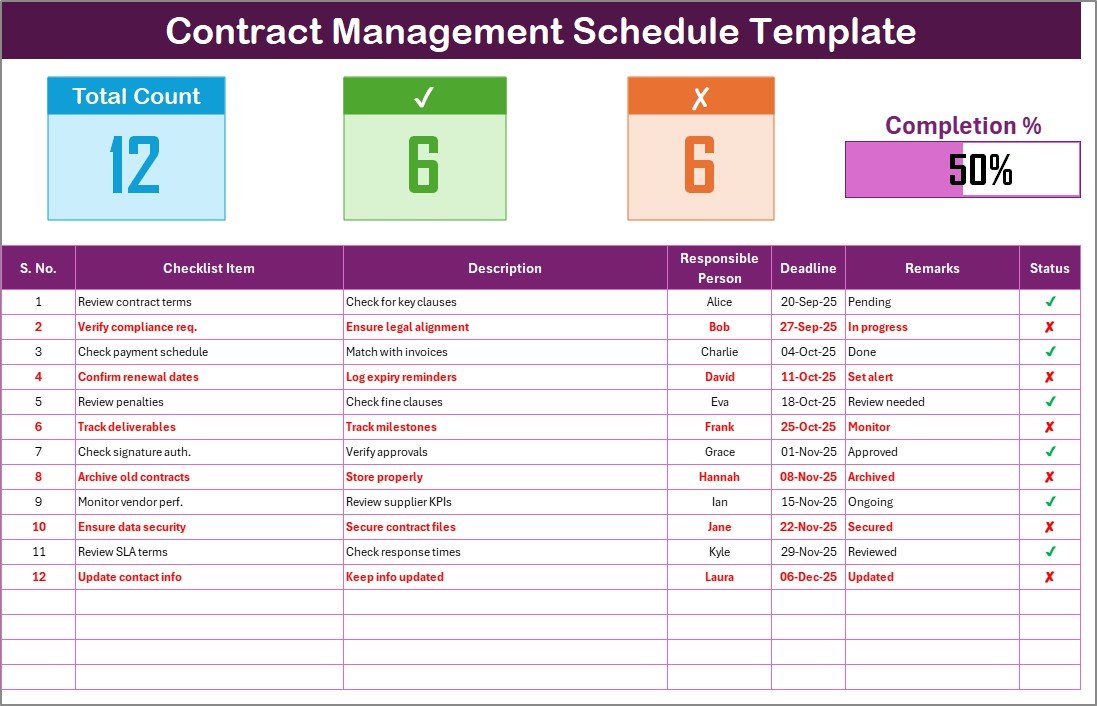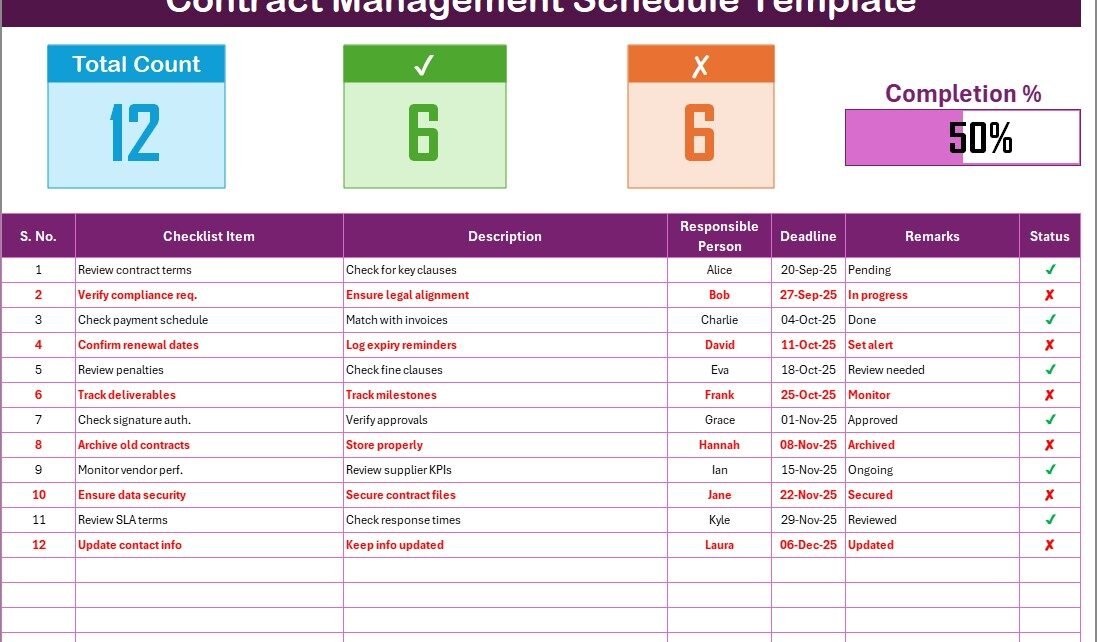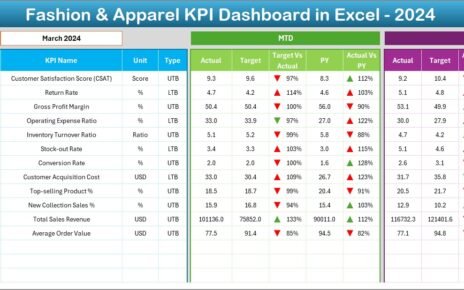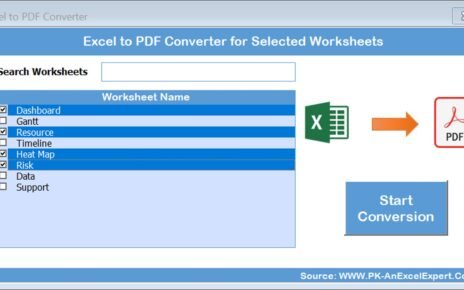Managing contracts effectively is one of the most critical aspects of running a successful organization. Whether you deal with supplier agreements, client contracts, or employee documents, staying on top of every detail ensures compliance, reduces risk, and prevents costly oversights.
For many businesses, using a Contract Management Schedule Checklist in Excel provides the perfect balance between structure, simplicity, and flexibility. This article explores everything you need to know about building and using such a schedule, why it matters, its advantages, and the best practices to get the most out of it.
Click to Purchases Contract Management Schedule Checklist in Excel
What Is a Contract Management Schedule Checklist in Excel?
A Contract Management Schedule in Excel is a structured template designed to help businesses organize, track, and monitor contract-related activities. Instead of relying on manual notes or complex software, this Excel-based system provides a user-friendly solution that ensures no step gets missed.
Key Features of the Template
The ready-to-use template typically includes two worksheets:
Contract Management Schedule Sheet Tab

-
-
The main working area where contract details are recorded.
-
Includes a summary section displaying:
-
Total number of items.
-
Checked items.
-
Crossed (incomplete) items.
-
A progress bar showing completion percentage.
-
-
A structured t
-
Serial No.
-
Checklist Item
-
Description
-
Responsible Person
-
Deadline
-
Remarks
-
Status (✔ or ✘).checklis
-
-
table with columns:
-
-
List Sheet Tab
- Stores a unique list of responsible persons.
- Used to create drop-down menus in the main sheet for consistency.
This design keeps contract tasks transparent and easy to update.
Click to Purchases Contract Management Schedule Checklist in Excel
Why Is Contract Management Important?
Organizations handle multiple contracts simultaneously. Without a proper schedule, important details can slip through the cracks. Effective contract management ensures:
-
Compliance with laws, standards, and regulations.
-
Risk reduction by monitoring deadlines, renewals, and obligations.
-
Cost savings by avoiding penalties or missed opportunities.
-
Improved relationships with vendors, clients, and employees.
-
Operational efficiency through organized tracking and reporting.
How to Use the Contract Management Schedule Template
The template is designed for ease of use and can be adapted to any organization’s needs.
Step 1: Enter Contract Details
Fill in the checklist table with all relevant information such as contract type, description, deadlines, and responsible persons.
Step 2: Assign Responsibilities
Use the drop-down list to assign tasks to individuals or departments. This ensures accountability.
Step 3: Update Status Regularly
Change the status field to ✔ (completed) or ✘ (pending). The progress bar will automatically update.
Step 4: Review Progress
Use the top summary section to quickly check overall progress and identify bottlenecks.
Step 5: Adjust and Monitor
Update deadlines, remarks, or responsibilities as contracts evolve.
Advantages of Using Contract Management Schedule in Excel
Adopting this system brings several benefits to businesses:
-
Cost-Effective: No need for expensive software.
-
User-Friendly: Works with basic Excel skills.
-
Customizable: Add or remove fields to suit your needs.
-
Transparent: Easy to share with teams and stakeholders.
-
Trackable Progress: The progress bar gives a quick snapshot of completion.
-
Accountability: Assigned responsibilities ensure clarity.
Best Practices for Managing Contracts in Excel
To get the best results, follow these practices:
✅ Keep data organized: Maintain clear and consistent formatting.
✅ Update frequently: Regular updates prevent last-minute surprises.
✅ Use conditional formatting: Highlight overdue deadlines in red for quick visibility.
✅ Secure sensitive data: Protect sheets with passwords to control access.
✅ Back up regularly: Save copies to prevent accidental data loss.
✅ Integrate with reminders: Link deadlines with email/calendar notifications.
✅ Review monthly: Conduct periodic reviews to ensure compliance and progress.
Opportunities for Improvement in Contract Management
Even with an Excel schedule, challenges can arise. Here are areas where organizations can improve:
-
Automation: Use macros or Excel VBA to send deadline reminders.
-
Integration: Connect the template with project management tools.
-
Standardization: Use predefined templates for all contracts.
-
Scalability: For larger organizations, consider combining Excel with Power BI dashboards for advanced analytics.
Real-World Applications of the Contract Management Schedule
-
Small Businesses: Track supplier and client contracts without investing in costly tools.
-
HR Teams: Manage employee agreements, renewals, and compliance documents.
-
Procurement: Monitor vendor contracts, payment terms, and service-level agreements.
-
Legal Departments: Ensure timely review and renewal of critical contracts.
Conclusion
A Contract Management Schedule in Excel is a powerful yet simple tool for organizations of all sizes. It provides a structured approach to tracking contracts, improves accountability, and helps reduce risks. By adopting this system and following best practices, businesses can save time, stay compliant, and strengthen their operational efficiency.
Frequently Asked Questions (FAQs)
1. What is a Contract Management Schedule in Excel?
It is a pre-designed Excel template that helps businesses track, monitor, and manage contract-related activities such as deadlines, responsibilities, and progress.
2. Who can use this template?
Anyone from small business owners to HR teams, procurement managers, or legal departments can benefit from this tool.
3. How does the progress bar work?
The progress bar updates automatically based on the number of tasks marked ✔ versus ✘ in the checklist.
4. Can the template be customized?
Yes. You can add or remove columns, change formatting, or modify dropdown lists to fit your organization’s needs.
5. Is Excel enough for contract management?
For small to medium businesses, Excel provides an affordable and effective solution. Larger enterprises may need advanced systems, but Excel remains a reliable starting point.
6. How often should I update the schedule?
Ideally, update the schedule whenever there is a change in contract status, deadlines, or responsibilities. Weekly or monthly reviews are recommended.
7. Can I secure sensitive contract data in Excel?
Yes. Use Excel’s built-in password protection and restrict editing permissions to safeguard sensitive information.
Visit our YouTube channel to learn step-by-step video tutorials
Click to Purchases Contract Management Schedule Checklist in Excel


